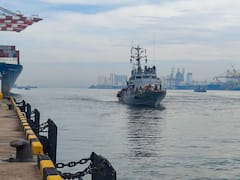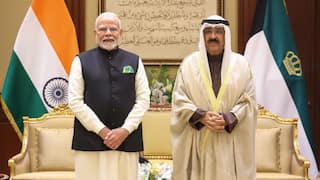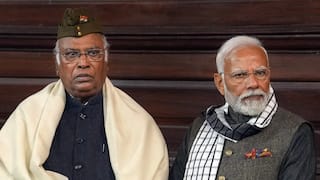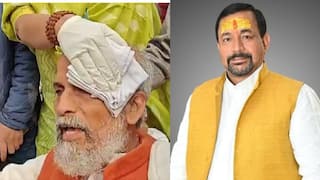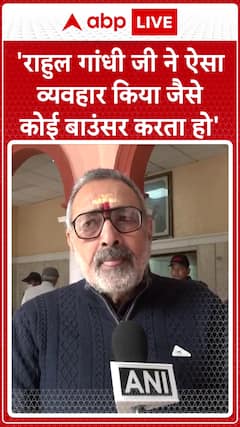India Diversified New Arms Purchases, Russia Not Main Supplier Anymore, Says Jaishankar
External Affairs Minister S. Jaishankar has said while speaking to a German daily that India has reduced its reliance on Moscow even as New Delhi is buying new arms from the US, Russia, France and Israel

New Delhi: External Affairs Minister S. Jaishankar has said India now has the United States, Russia, France and Israel as its main suppliers as far as new weaponry purchases are concerned while reducing its reliance on Moscow. In an interview to a German business daily, Jaishankar said New Delhi is buying oil from Russia as its traditional suppliers in the Middle East gave preference to European buyers over India after the war began between Russia and Ukraine in February 2022.
“In terms of inventory, yes (Russia is most important to India), because many Western countries have long preferred to supply Pakistan and not India. But that has changed in the past ten or fifteen years with the USA, for example, and our new purchases have diversified with the USA, Russia, France and Israel as the main suppliers,” Jaishankar told the German-language daily, Handelsblatt.
The External Affairs Minister also said Russia has ‘never hurt’ India’s security interests and it has had a “stable” and “friendly” relationship with Moscow. While Russia’s bilateral ties with Europe, the United States, China or Japan have seen “ups and downs”.
“And our relationship with Russia today is based on this experience. For others, things were different, and conflicts may have shaped the relationship. We, on the other hand, had a politically and militarily much more difficult relationship with China, for example … Just as I do not expect Europe to have a view of China that is identical to mine, Europe should understand that I cannot have a view of Russia that is identical to the European one. Let us accept that there are natural differences in relationships,” he said.
India Buying Russian Oil Stabilised Global Energy Market
On India buying Russian oil despite western sanctions on Moscow for its war against Ukraine, Jaishankar said, “When the fighting started in Ukraine, Europe shifted a large part of its energy procurement to the Middle East - until then the main supplier for India and other countries. What should we have done?”
He added, “In many cases, our Middle East suppliers gave priority to Europe because Europe paid higher prices. Either we would have had no energy because everything would have gone to them. Or we would have ended up paying a lot more because you were paying more. And in a certain way, we stabilized the energy market that way.”
“If no one had bought the crude oil from Russia and everyone had bought the crude oil from the other countries, prices on the energy market would have shot up even further. Global inflation would have been much higher - and that would have been a huge political issue in lower-income countries,” said Jaishankar.
He also said that in order to make the sanctions more effective Europe should have halted all its economic activities with Moscow.
“If Europe had wanted to maximize the damage at the time, it would have had to stop all economic relations with Russia completely. But it didn't. If Europe was so convinced and the principles were so important, why did it allow relations to end gently? Why were there exceptions for pipeline gas, for individual countries and so on? That's what governments do, they manage politics with an eye on the consequences for their people,” he said.
Germany ‘Cautious’ About India Compared To France
During the interview, Jaishankar said India is looking to buy more weaponry from Germany even as talks to purchase the proposed six submarines from that country are going on. He also said defence deals between India and Germany had long been excluded in the bilateral relationship as Berlin was more cautious about New Delhi earlier compared to France.
“Germany has long been cautious when it comes to security and defence. In contrast, we have had robust cooperation with France for a long time and to a more limited extent with Spain and Italy. But I have seen a development in Germany's attitude in recent years; my interlocutors now understand that you can't completely exclude one part of a relationship. It is developing - and that is good for both sides,” said the Minister.
The Minister also said India is currently engaged in the negotiations for procuring six submarines from German defence major Thyssenkrupp.
European defence conglomerates are eyeing India’s $4.8 billion submarine order. The Indian Navy is eyeing to boost its prowess in the Indo-Pacific considering China’s growing dominance in the region. Apart from Germany, Spain’s Navantia is also in the race to sell its submarines to India.
Trending News
Top Headlines





















